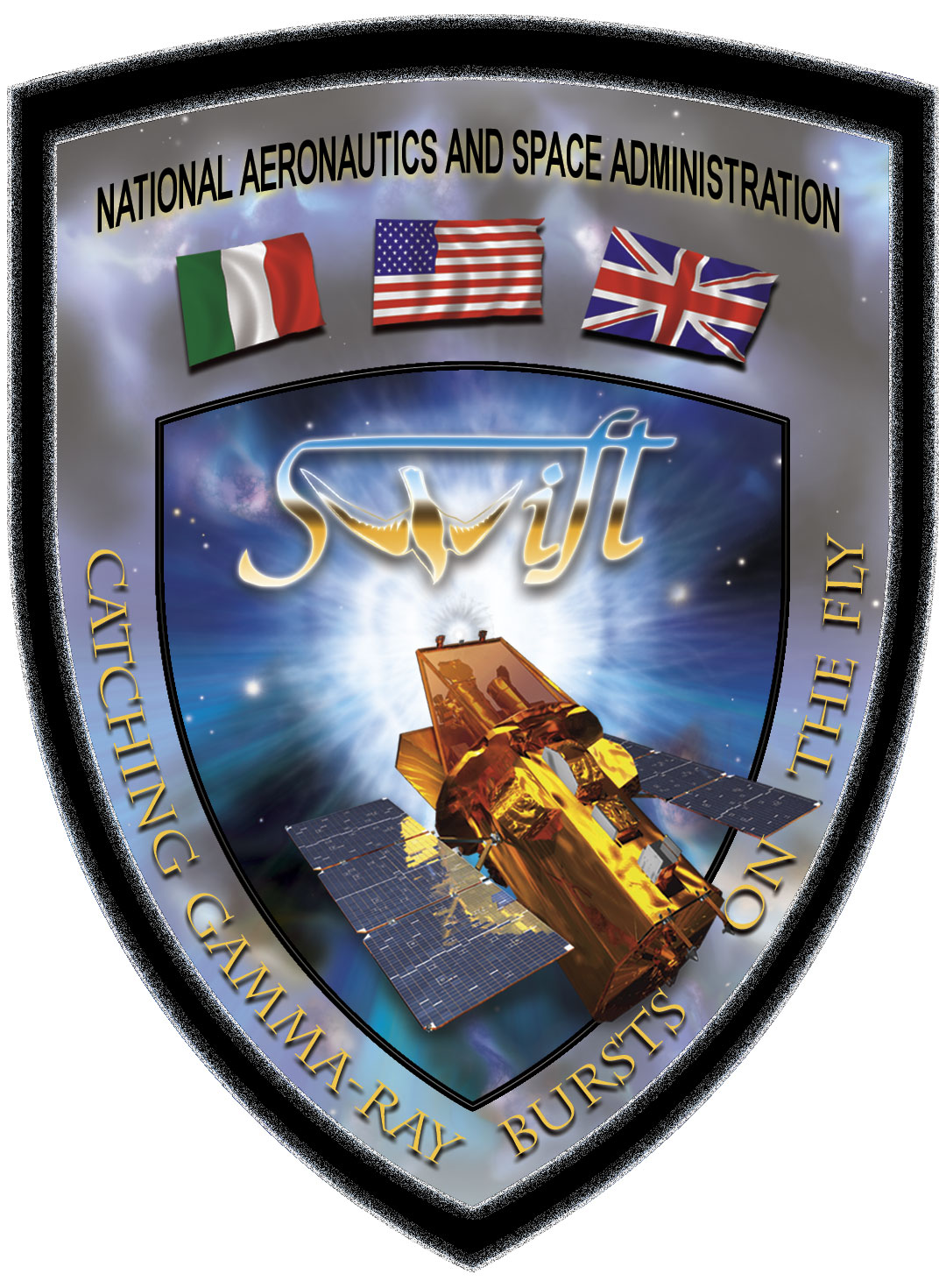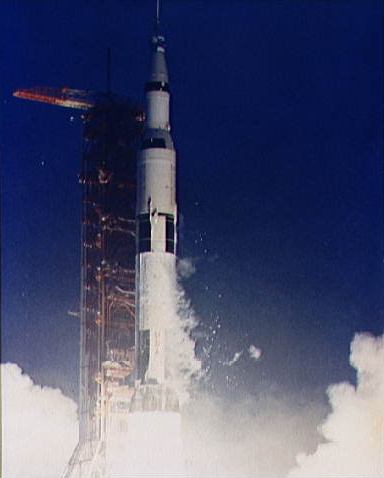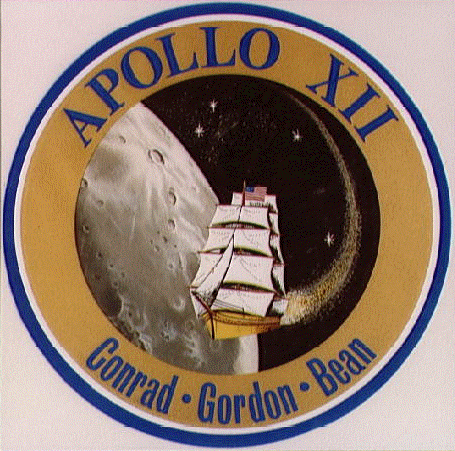One hundred twenty years ago today in space history — November 20, 1889 — astronomer Edwin P. Hubble was born in Marshfield, Missouri.

(Edwin Hubble, next to the Hooker Telescope at Mount Wilson Observatory. NASA image.)
Hubble earned his B.S. in mathematics and astronomy at the University of Chicago in 1910, and studied law at Oxford University as one of the first Rhodes Scholars. He served briefly in World War I, and returned to earn his doctorate at the University of Chicago. He spent his entire professional career at the Mount Wilson Observatory in Los Angeles. Among his discoveries, Hubble:
- Found that Andromeda is a separate galaxy from our Milky Way
- Went on to discover dozens of new galaxies outside our own
- Classified galaxy types, as shown here
- Calculated the rate of expansion of the universe
NASA, of course, honored Hubble by naming their most famous space telescope after him.

(Hubble Space Telescope. NASA image.)
And speaking of space telescopes, 5 years ago today, in 2004, NASA launched the Swift Telescope — also known as the Gamma Ray Burst Explorer, or Explorer-84 — on a Delta-II rocket from Cape Canaveral. The spacecraft, named after the bird, carried three instruments to detect and locate gamma ray bursts.

(Swift mission patch. Click to enlarge. NASA image.)
I think Edwin Hubble would be thrilled to see the new discoveries that have been made, by the telescope that bears his name as well as other, specialized instruments.
And I wonder what’s next….














